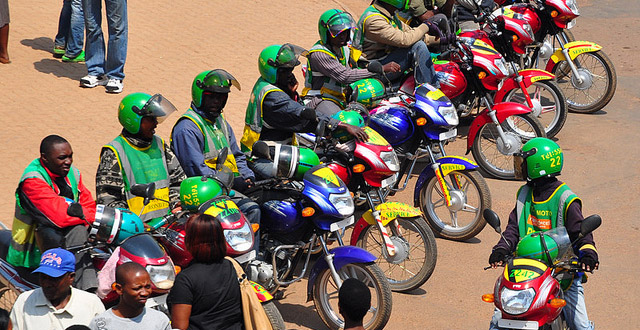I read this from the standpoint of someone whose main ministry responsibilities outside of the home have involved conference planning (heavy on musical worship, prayer and Bible teaching). I have worked on teams where we have put A LOT of thought into reflecting and encouraging diversity - in a context that is not super diverse. The context is important, because reflecting diversity is easy (I would imagine) if you have it. For instance, if I was to put together promotional materials for KICS, it would be a natural thing requiring no effort in photoshop to reflect diversity in our student body. It's just there. Showing it and celebrating it are easy. In my last ministry assignment, there wasn't a lot of diversity to reflect, but we had a desire to encourage it, and facilitate it. Of course, there was a tiny bit of ethnic diversity in our conference rooms, and honoring and respecting those brave souls (because, it takes courage, people, to be the glaringly invisible one in the room every day at your job) and their backgrounds, cultures and preferences was important.
I also think about this issue from my current situation - a minority in a foreign country. This situation also requires complex distinctions, because in my current context, minority does not equal marginalized. I'm an ethnic minority, but my relative wealth still grants me a power and privilege that are likened to the white privilege I bore at home. (Pause for a conversation on intersectionality....) In my Rwandaful world, there is a community of ex-pats that is the most dangerous size: small enough to know everyone in it and large enough to adequately meet my social needs (taking away the need to burst the bubble and interact with people who come from a background significantly different than my own).
My point is, there or here, living a life that reflects and encourages diversity requires intentionality.
So, this church, East End Fellowship in Richmond Virginia, has a rule:
When we gather together to worship on Sundays, everyone should be happy with no more than 75% of what is happening during the worship service. Why such a strange rule? Because we realize that in our culturally diverse congregation, if you are happy and comfortable with more than 75% of what is going on, it most likely means that your personal cultural preferences are being dominantly expressed. So we’ve decided that no one cultural form will be dominant and everyone will be equally unhappy with the worship!What if I approached my conference planning with that goal in mind? What if I scanned the post-event evaluations with an eye toward holding myself accountable to that? What if our emcee informed the group at each session that each person in the room would only be happy with 75% of the night - in deference to another?
In church. What if I ran away from a church that scored an A+ on my comfortability scale? What if I sought out a church that made me roll my eyes a minimum of five times a service or squirm in my seat - but where I looked around and my brother and sisters had their hands raised in Allelujahs?
What kind of bravery would it take to intentionally fall short of people's expectations - a whole 25% of the time?
More importantly, what if I trusted Jesus to transform my rolling eyes into thank offerings and my squirms into dancing?
My Jesus calls me to a life of self-sacrifice, and I willingly offer that to him in so many areas, but I cling to my preference on worship. Hymns! I demand. With their original melody! Stop changing the tunes! If you don't know what the words mean, google them, don't change them! How can you sing Glory Hallelujah with your hands in your lap? Why the repetition? I cry out, like it's for justice instead of vain preference.
What if I made a decision to be "equally unhappy" for the sake of another - and it led to us both being more deeply satisfied? What if I applied that "rule" - 25% of mine for more of yours - to my finances, my time, my marriage, my parenting?
Happy Sunday from Team Thomas!












